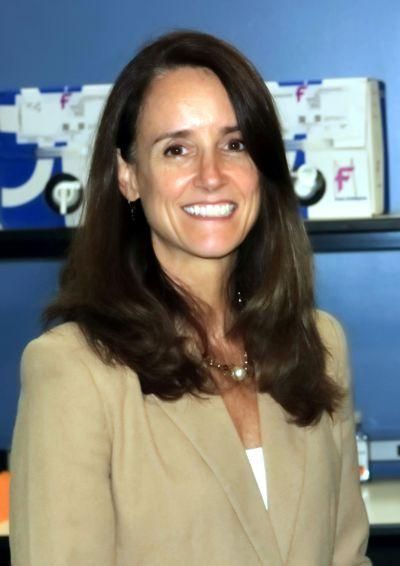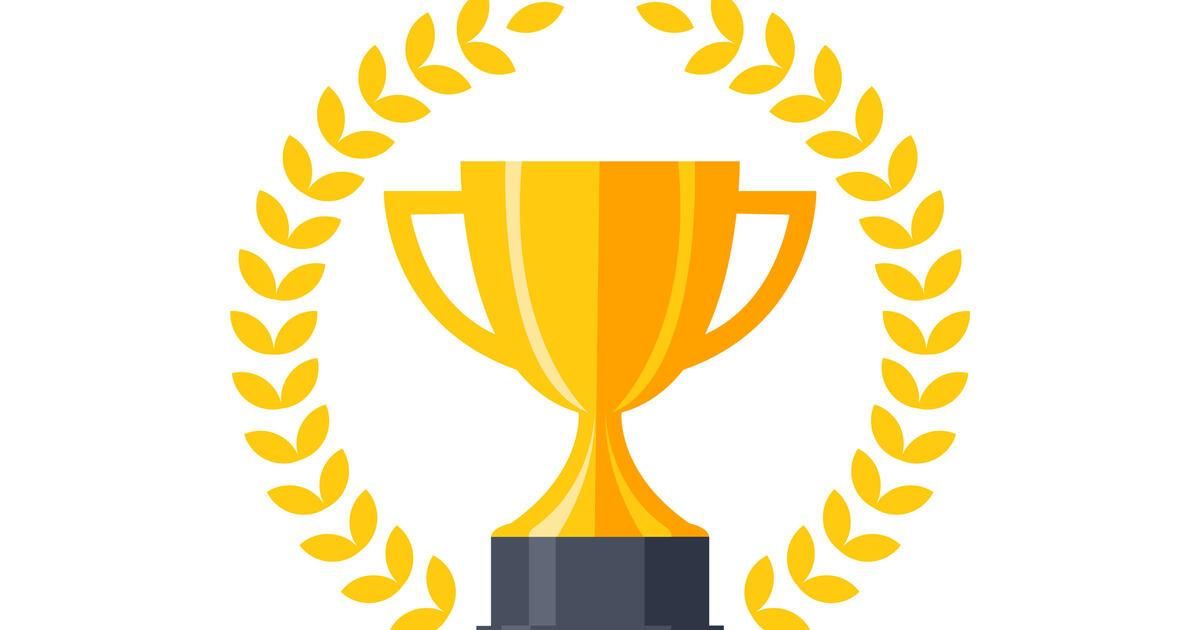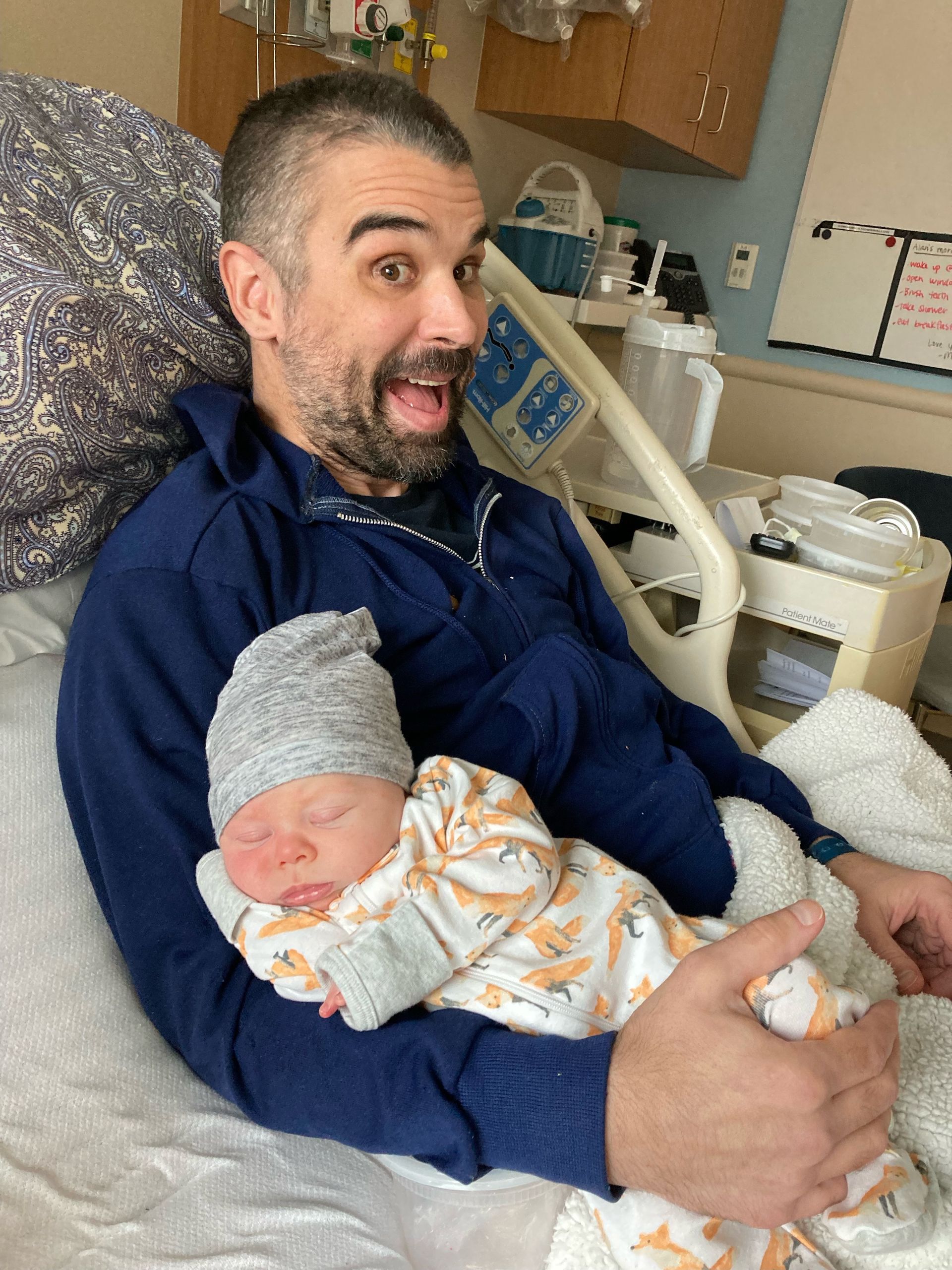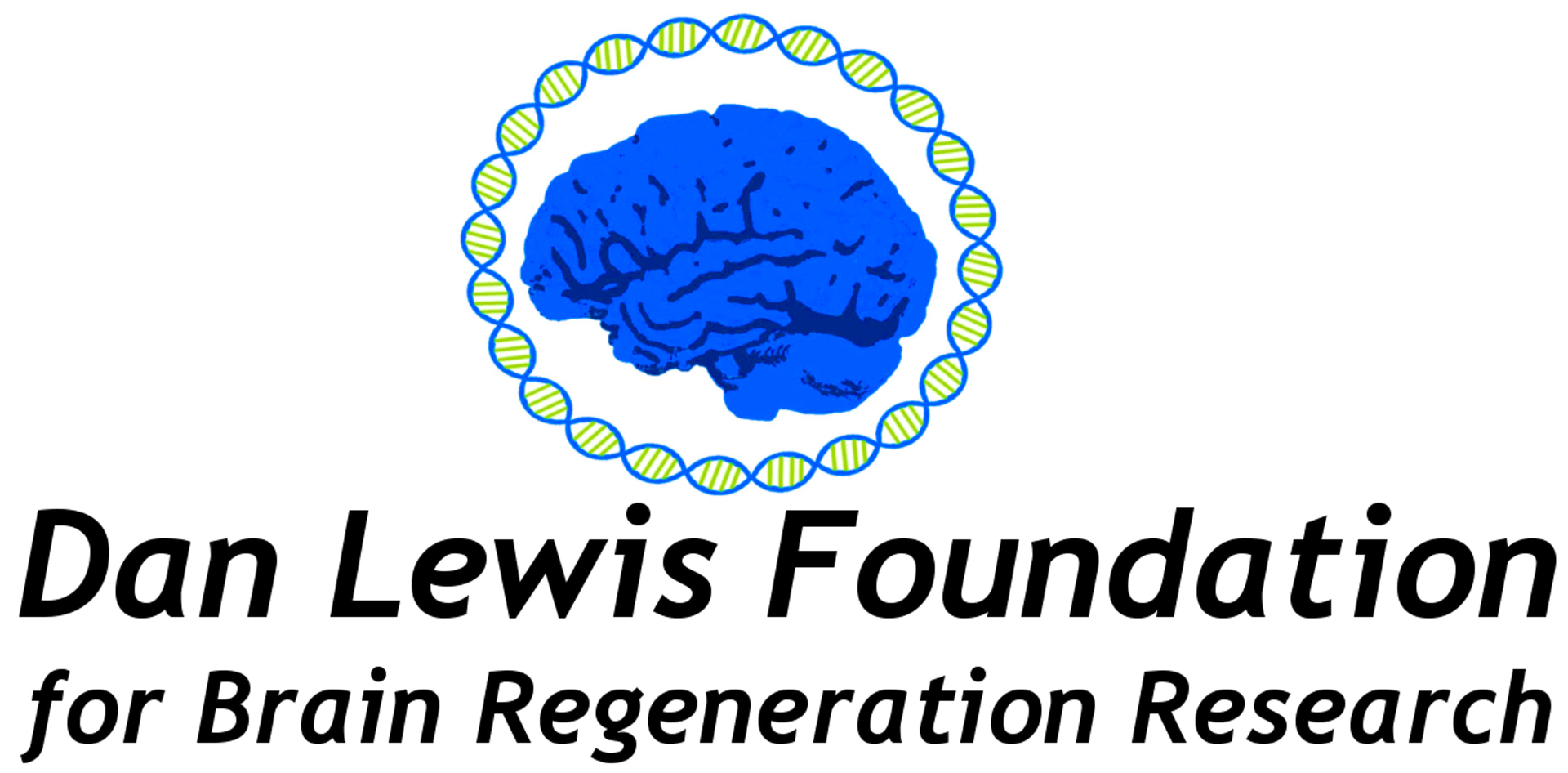
Judy Carmody, Ph.D., is a leading figure in the life sciences industry, boasting a rich career characterized by innovation, leadership, and a steadfast commitment to improving quality and safety in pharmaceutical products. As the founder and Principal Consultant of Carmody Quality Solutions, LLC, she spearheads initiatives that champion patient safety and deliver quality products to a diverse client base, ranging from life science startups to global Fortune 500 organizations.
Before establishing herself as a prominent consultant, Dr. Carmody held the prestigious position of president at Avatar Pharmaceutical Services, a GMP and FDA-registered contract research organization and manufacturer. During her tenure, she guided the company to heights that culminated in its acquisition by Vertex Pharmaceuticals in 2010. This pivotal moment paved the way for her to assume senior-level roles in various pharmaceutical firms, further honing her expertise in constructing robust quality systems. Dr. Carmody’s roots in the industry stretch back to a decade-long stint in the (bio)pharmaceutical sector before founding Avatar. Here, she was instrumental in developing methods for small molecules and oligonucleotides, in addition to managing QC, Analytical, and Validation groups. Her drive to innovate also led her to a position at Waters Corporation in their Applied Technology and Marketing groups. This role saw her collaborating closely with colleagues and clients alike, fostering the development of novel separation methods that she then brought to market through a series of published papers and presentations at global conferences and leading (bio)pharmaceutical companies. Dr. Carmody’s scientific acumen forms the backbone of her approach to tackling complex quality and analytical challenges. Her extensive resume, which encompasses roles in applied technology, marketing, bench chemistry, validation, and quality management, has equipped her with a unique perspective that facilitates the development of creative, integrative solutions for her clients. This experience enables her to weave technologies from a range of fields into cohesive, clientoriented solutions.
Beyond her professional pursuits, Dr. Carmody is a proactive member of the scientific community, currently DLF Science Advisory Board Spotlight serving on the Scientific Advisory Board of the Dan Lewis Foundation for Brain Regeneration Research. In this role, she actively contributes to advancing research in the realm of traumatic brain injury repair and regeneration. Her genuine interest in fostering groundbreaking research in this area underscores her broader commitment to enhancing quality of life and advancing the field of medical science.
Dr. Carmody is a proud alumna of Clark University in Worcester, Massachusetts, where she earned her Ph.D. in Analytical Chemistry, a discipline that has served as the foundation for her prolific career.


